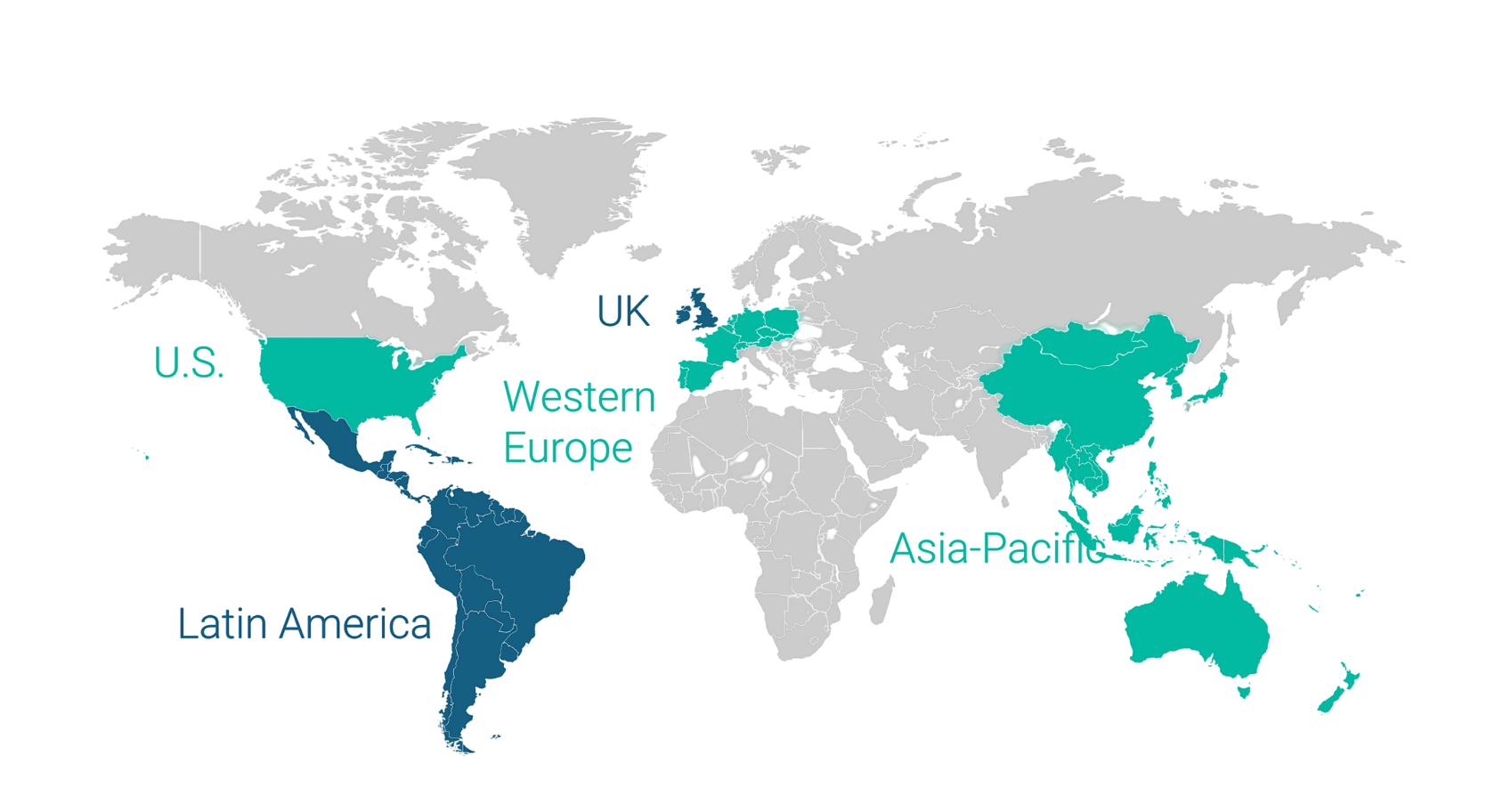
AlixPartners welcomes top former FBI and SEC financial crimes investigator David Makol
Our Global Risk Survey offers insights on the pressing risks facing today’s businesses, major gaps in preparedness, and where regional and industry peers stand.
A consequential year of elections has unleashed rapid-fire policy changes—from sanctions to tariffs to cybersecurity requirements—at a pace that has fast become the new normal. At the same time, AI-related disruption, technological advancements, and economic volatility show no signs of letting up.
For today’s executives and their advisers, it’s not enough to identify and understand these risks. Business leaders must prioritize and proactively address them, often with limited (or overextended) resources at their disposal. Even the tools meant to mitigate risks add complexity: while investing in new technologies can help detect and analyze risk factors, our research reveals that these tools can create more vulnerabilities if poorly implemented.
The AlixPartners 2025 Global Risk Survey aims to bring insights to business leaders faced with solving organizations most critical problems, by drawing on responses from 1,000 senior executives serving in legal, regulatory/compliance, and risk functions across the globe. Respondents were surveyed in February and include professionals from the U.S., the UK, Western Europe, Asia Pacific, and Latin America working in financial services, technology, manufacturing, and other major industries.








- Chief Compliance Officer, accountancy
- Chief Regulatory Officer, consumer goods
- Chief Compliance Officer, healthcare and life sciences
These sentiments from senior executives who took our survey ring truer than ever as the year advances. While the comments refer to potential regulatory changes, they could easily apply to the many other risk factors facing today’s organizations—from economic volatility and new tariffs to heightened cybersecurity threats and AI advancements to anticipated spikes in financial crime and corporate litigation.
As new challenges are added to the global risk landscape, the insights from our survey and subject matter experts can help business leaders navigate this complex period. In addition to our key findings, we’ll be rolling out subsequent perspectives, taking a deeper dive into key themes and industries as well as region-specific findings. Throughout, we’ll update our analysis to incorporate the latest headlines and key policy changes impacting your business.
Want to be the first to know?
The data for AlixPartners' 2025 Global Risk Survey is based on a survey of 1,000 senior executives serving in legal, regulatory/compliance, and risk functions across the globe. Respondents were surveyed from February 5 – February 28, 2025 and include professionals from the U.S., the UK, Western Europe (Austria, France, Germany, Italy, and Switzerland), Asia Pacific (China, Hong Kong SAR, Japan, and Singapore), and Latin America (Brazil and Mexico). Our survey incorporated responses from executives across a wide variety of industries, with the largest numbers coming from financial services (21%), technology (20%), and manufacturing (14%).